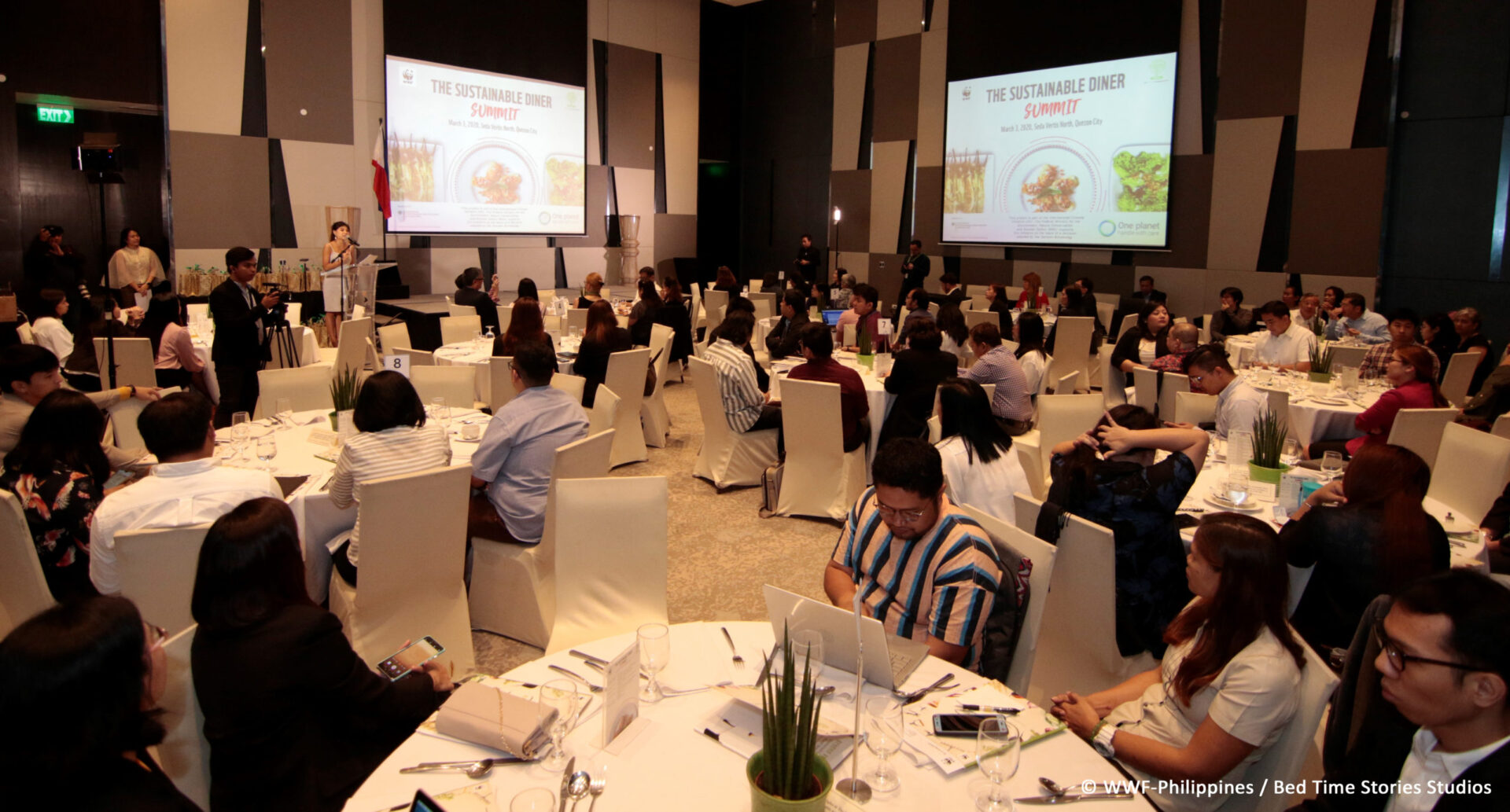The recent Sustainability Solutions Exchange Conference in Metro Manila has catalysed a transformative shift within the local food industry, fostering collaborative efforts among entrepreneurs, policymakers, and advocates to embrace greener practices. This pivotal gathering, organised by the Center for International Trade Expositions and Missions (CITEM), served as a critical platform to chart a more eco-friendly and economically viable future for a sector integral to the nation’s urban and rural livelihoods. The discourse focused on concrete strategies for cultivating zero net carbon, sustainable, and equitable food systems.
The conference, themed “Green Innovations: Navigating Sustainability Solutions to Future-Proof the Food Industry,” convened at the Philippine Trade Training Center. It featured robust panel discussions under both Business and Consumer Tracks, led by a diverse array of local and international experts. Sessions within the Business Track meticulously dissected the challenges and opportunities for enterprises pursuing sustainable innovation. Discussions encompassed crucial areas such as green financing, where institutions like the Global Green Growth Institute and the International Finance Corporation highlighted their support for Micro, Small, and Medium Enterprises (MSMEs) through programmes promoting agri-value chain enhancement, plastic circularity, and energy efficiency. The Development Bank of the Philippines also outlined initiatives aimed at strengthening environmental protection measures.
A significant emphasis was placed on climate-smart food systems, with the Ministry of Agriculture, Fisheries and Agrarian Reform from the Bangsamoro Autonomous Region in Muslim Mindanao advocating for the adoption of global frameworks to enhance productivity, build resilience, and reduce emissions. This holistic approach signals a collective recognition that a sustainable food future requires integrated strategies that span production, distribution, and consumption, aligning perfectly with the vision of resilient and equitable urban food security for all citizens, irrespective of gender or background.
Discussions on sustainable packaging, led by experts from the Design Center of the Philippines and the Packaging Institute of the Philippines, underscored the imperative for developing eco-friendly alternatives that are both profitable and environmentally responsible. Concurrently, sessions on maintaining compliance with environmental policies highlighted avenues for businesses to access new markets and leverage certification bodies for enhanced sustainability. These discussions are fundamental to fostering a circular economy where waste is minimised and resources are optimally utilised, contributing directly to zero net carbon and eco-friendly urban environments.
The Consumer Track engaged a broader spectrum of stakeholders, including policymakers, local government units, and non-governmental organisations, focusing on critical aspects such as consumer compliance with environmental regulations, mindful consumption, and efficient food waste management. Initiatives shared by city leaders, like workshops on circular innovation for MSMEs, demonstrate practical steps towards promoting food safety and responsible consumption. Advocates of mindful consumption promoted urban farming as a pathway to resilient food economies and emphasised the ‘slow food movement’s’ role in safeguarding biodiversity and advocating for “good, clean, and fair food.”
The conference culminated with a compelling call for urgent action on food waste, stressing its environmental impact and the necessity of promoting responsible management at household and community levels. Experts also explored the vital role of social enterprises in driving sustainability by engaging consumers in the transition towards a circular economy. Drawing nearly 200 delegates, the event successfully provided Filipino entrepreneurs and advocates with a comprehensive framework for integrating innovation and circular economic practices into their operations, marking a crucial starting point for enduring change within the local food industry. This collaborative spirit, bridging various sectors, is indispensable for building truly sustainable and gender-neutral cities where food systems are resilient, equitable, and environmentally conscious.
Also Read: Telangana leads sustainable mine repurposing with green restoration project


